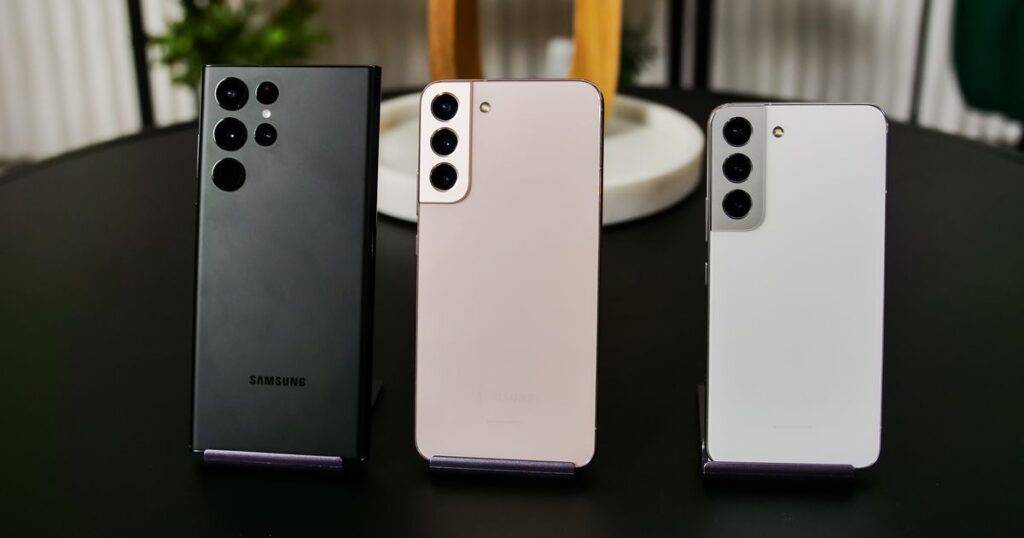2-year-old iPhone 11 performs better than Samsung Galaxy S22? Here’s what benchmarks suggest
A German publication, Computer Base, tested the Exynos 2200 against a plethora of chipsets and compiled benchmark results, ranking the chipsets in order of performance, and results were both expected and unexpected. As expected, Samsung’s Exynos 2200 fared well enough in the benchmarks leaving almost every silicon behind except a few, including the A13 Bionic. If you forgot, A13 Bionic was introduced with the iPhone 11 and later made its way to the iPhone SE 2.
However, the strangest bit is that despite having an RDNA2-based GPU, the Exynos 2200 inside the Galaxy S22 couldn’t match the GPU prowess of a two-year-old A13 Bionic powered iPhone 11. The Snapdragon 8 Gen 1 and last three generations of Apple’s A-series processors led the charts in different GPU benchmarks.

Even in the CPU benchmarks, the A13 Bionic leads Galaxy S22’s Exynos 2200 in quite a few situations. In Geekbench 5.1 benchmark, the Exynos 2200 inside the Galaxy S22+ managed to get a single-core score of 1,069 while iPhone 11’s A13 Bionic scored 1,226 in the single-core test. Meanwhile, the Exynos 2200 takes a slight lead against the A13 Bionic in the multi-core department. The Exynos 2200 gets a multi-core score of 3,287, while the A13 Bionic scored 3,279.
If we go by the benchmarks, the Exynos 2200 looks like another letdown, and again Snapdragon-powered variants seem to be a better option than the Exynos ones. The Exynos 2200 is getting a lot of heat for poor thermal management, and RDNA2 architecture isn’t helping much with the graphics performance. Benchmarks don’t necessarily reflect real-world performance. The silver lining for Samsung fans in India, however, is that the Galaxy S22 series comes with the Snapdragon 8 Gen 1 chipset instead of Exynos 2200. The flagships are up for pre-booking in the country, with sales commencing from March 11th.
For all the latest Technology News Click Here
For the latest news and updates, follow us on Google News.
